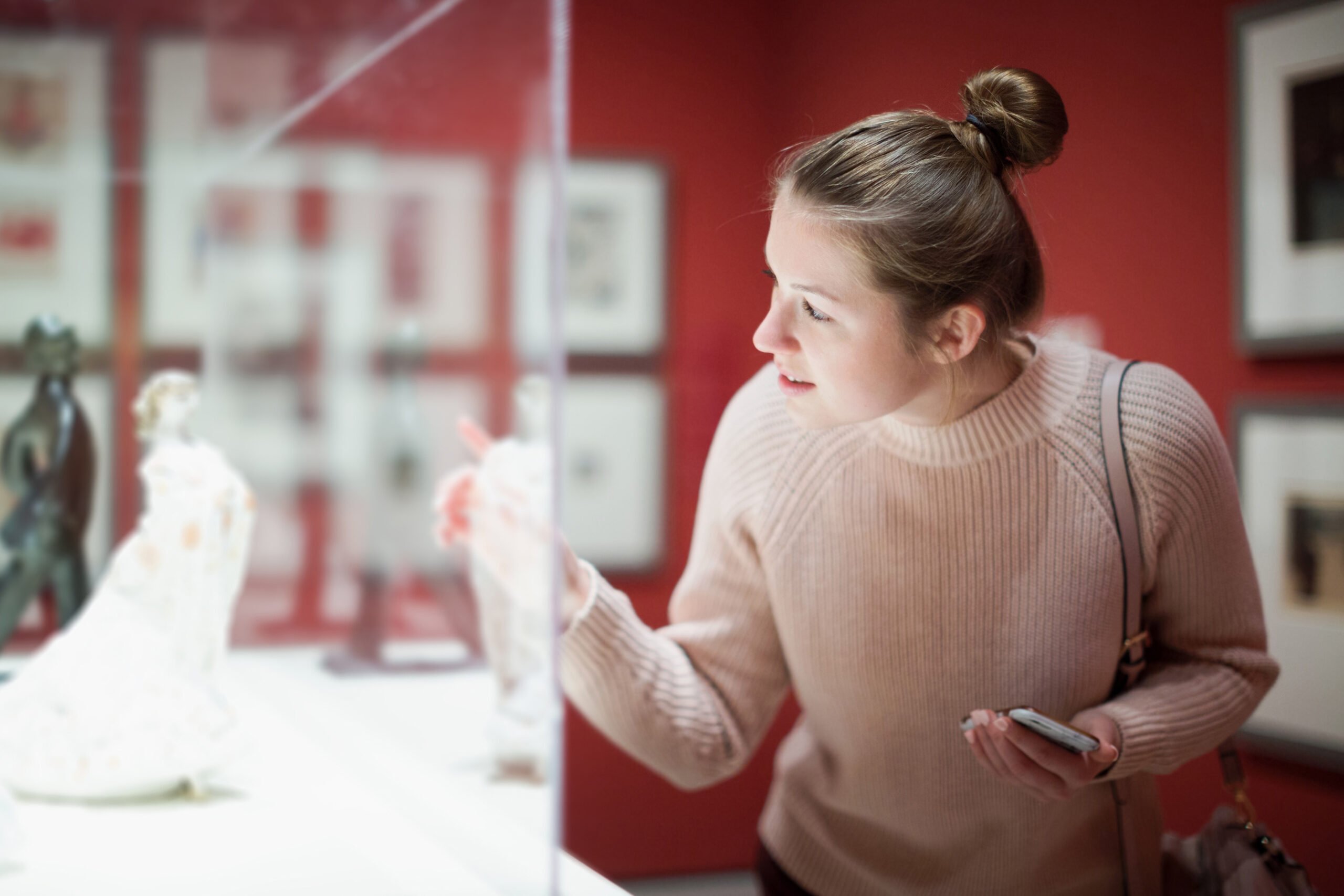
Museum leaders have warned that moving political goal posts in local councils are a barrier to the sectors involvement in decision making
Photo: JackF via iStock
‘Political churn’ a barrier to cultural involvement in local decision making
Research highlights 'significant room for improvement' in how museums are supported and involved strategically in local cultural decision making.
Independent museums are struggling to achieve effective involvement in local cultural decision-making because of the scale of "political churn" within local councils, research has found.
An insight paper commissioned by Art Fund in partnership with Culture Commons suggests that power shifts and changes in political appointments, internal staff and departments, as well as the "moving of political goalposts", are hampering the extent to which independent cultural organisations can build relationships with local authorities.
Following commitments from the Labour Party and devolved governments to give local authorities wider and deeper decision-making powers, the paper examines the benefits and challenges of devolved decision-making on the creative, cultural and heritage sectors, focusing on independent museums including art galleries, specialist collections and historic houses.
READ MORE:
Drawing upon results from Art Fund’s Museum Directors Research and the insights of 16 museum directors from across the UK, the paper found that currently, there is no consistent pattern of association between local authorities and independent cultural organisations in their areas and warned that without more standardised relationships, no single devolution policy is likely to be universally effective.
The paper noted that culture and cultural assets are often valued very differently in different areas, with some local authorities no longer having the capacity or expertise to support cultural provision in their areas – a conclusion supported by research from the University of Southampton published earlier this year, which suggests that 54% of councils are not affiliated with any publicly available culture strategy.
While the paper found some cases where independent museums had been the driver behind the creation of a local culture strategy, other organisation leaders felt that where they had been consulted on plans, it was often “tokenistic”, with one participant commenting: “[The consultation] does feel very performative and not very effective.”
A significant challenge to involvement in decision-making encountered by independent museums was the "political churn" of individuals, structures and policies, leaving directors feeling that time and energy invested in building relationships and developing priorities was being wasted.
“I’ve lost count of how many different cultural strategies at various levels have been commissioned. I’m not sure if they weren’t there anyone would notice…” said one respondent, while another added: “We’re now having to re-establish relationships that had been set up for years – that’s one of the challenges.”
Long-term funding certainty
In its recommendations, the paper suggests that greater political stability and a more joined-up strategy between national, regional and local structures could help increase the involvement of independent museums.
Asked why the culture sector, in particular, might be susceptible to the challenges of political churn, a Local Government Association spokesperson suggested that the short-term nature of many council culture funding programmes could be a factor.
“Local government funding needs greater long-term certainty to strengthen their relationship to local culture services, which have lapsed over the last decade," said the spokesperson.
Looking at the national picture, they noted that while it is typical for around a dozen councils to switch hands at each election, more than one hundred councils changed political control in 2023, reflecting a substantial change in local government as well as at a national level.
They added: “Combined authorities play an important role in the development of regional strategies, supplementing the work of councils through their analytical and planning skills, however they are not there to fund regular services.
"In this aspect, while larger museums can have a relationship with their combined authority, their relationship with local councils will always be important.
"Local authorities are also able to make more use of the kinds of granular details that enable services to operate and work with local museums to target specific needs and opportunities more accurately."
Grassroots devolution
Prime Minister Keir Starmer has pledged to introduce a “Take Back Control” bill that would redistribute decision-making power away from Westminster in several policy areas, including culture.
“We will spread control out of Westminster and devolve new powers over employment support, transport, energy, climate change, housing, culture, childcare provision and how councils run their finances and will give communities a new right to request powers which go beyond even that,” he said.
Art Fund and Culture Commons found that independent museums under financial strain welcomed the prospect of devolution of funding to regional and combined authorities with support from the central government to local decision-makers, with suggestions it may provide a more “holistic” approach to culture within local councils.
However, there are concerns about the possibility of greater local decision-making at the "grassroots" level from residents surveyed for separate research.
Participants questioned what assurances there would be to ensure community decision-making would be "truly democratic", citing the low turnout for the election of Police and Crime Commissioners and suggesting that some communities already suffer “consultation fatigue” in response to the continual requests for input into local decisions.
Without additional financial resources, the paper found that some participants feared that if residents were asked to choose between discretionary cultural assets and statutory services such as social care, independent museums might find themselves further excluded.
Join the Discussion
You must be logged in to post a comment.